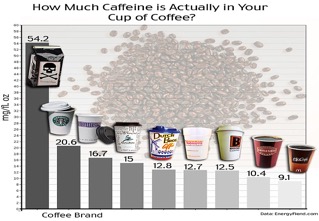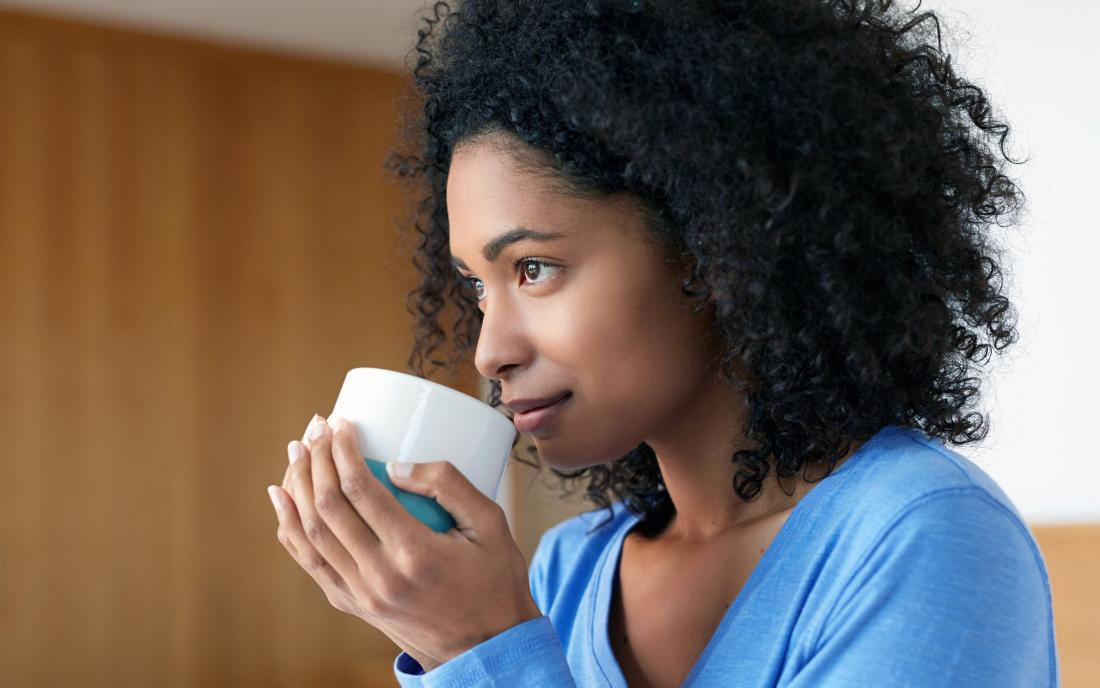Caffeine Detox: How to Quit Caffeine and Break the Addiction - Questions


Are We All Addicted to Caffeine? - Office for Science and Society - McGill University
Some Known Details About Coffee and Caffeine in Recovery - Enlightened Solutions
Symptoms can last up to nine days. Although some professionals think regular usage of Caffeine is considered more of a routine than a dependency, the reality that it shares significant signs with other addicting compounds has led to more research study. One report found that a considerable quantity of users develop symptoms frequently used by clinicians to identify addiction, such as: Continued use in spite of harm A relentless desire, without successful efforts, to manage usage Withdrawal symptoms when abstaining No longer taking part in formerly delighted in activities Act & empower yourself Call now to be connected to a thoughtful treatment company.


Caffeine addiction - FULL HEALTH SECRETS
Certain people must entirely avoid the substance as it can worsen anxiety, worsen insomnia, and cause heart issues. The threat of dependency, like with any compound, is impacted by many aspects and can differ from person to person. If an individual has difficulty restricting their Caffeine intake, or experiences withdrawal signs, they are probably reliant and should speak to their physician about cutting back on use or getting rid of intake totally.

Is caffeine addiction a sin? - 412teens.org
What are you battling with? There are lots of different types of dependency. Get the information you need to assist you overcome yours. right.
All about Is Caffeine (or Coffee) Addiction Real? The Science in 2019
Research studies suggest that individuals in recovery from a compound use disorder consume a great deal of coffee. One research study discovered that while about 64 percent of Americans consume coffee every day, about 89 percent of people in healing beverage coffee every day. That's a significant difference. For the majority of people, a cup or two of coffee in the morning does not do any damage and studies recommend there are even some mild health advantages to moderate coffee consumption.
There are a number of reasons for this. One is that caffeine can make you anxious and tense and raise your heart rate and blood pressure. People starting in recovery frequently feel nervous or irritable, often for months, as their brain chemistry rebalances. It's typical, especially among people recuperating from alcohol, opioid, and benzodiazepine use to have low levels of the inhibitory neurotransmitter GABA, and this makes it difficult to relax.
Many people with compound use disorders likewise have co-occurring anxiety disorders, such as generalized anxiety disorder, social stress and anxiety disorder, or trauma. When you're attempting to get an anxiety condition under control, drinking a number of cups of a central nerve system stimulant isn't extremely practical. Lastly, Key Reference might worsen insomnia.
